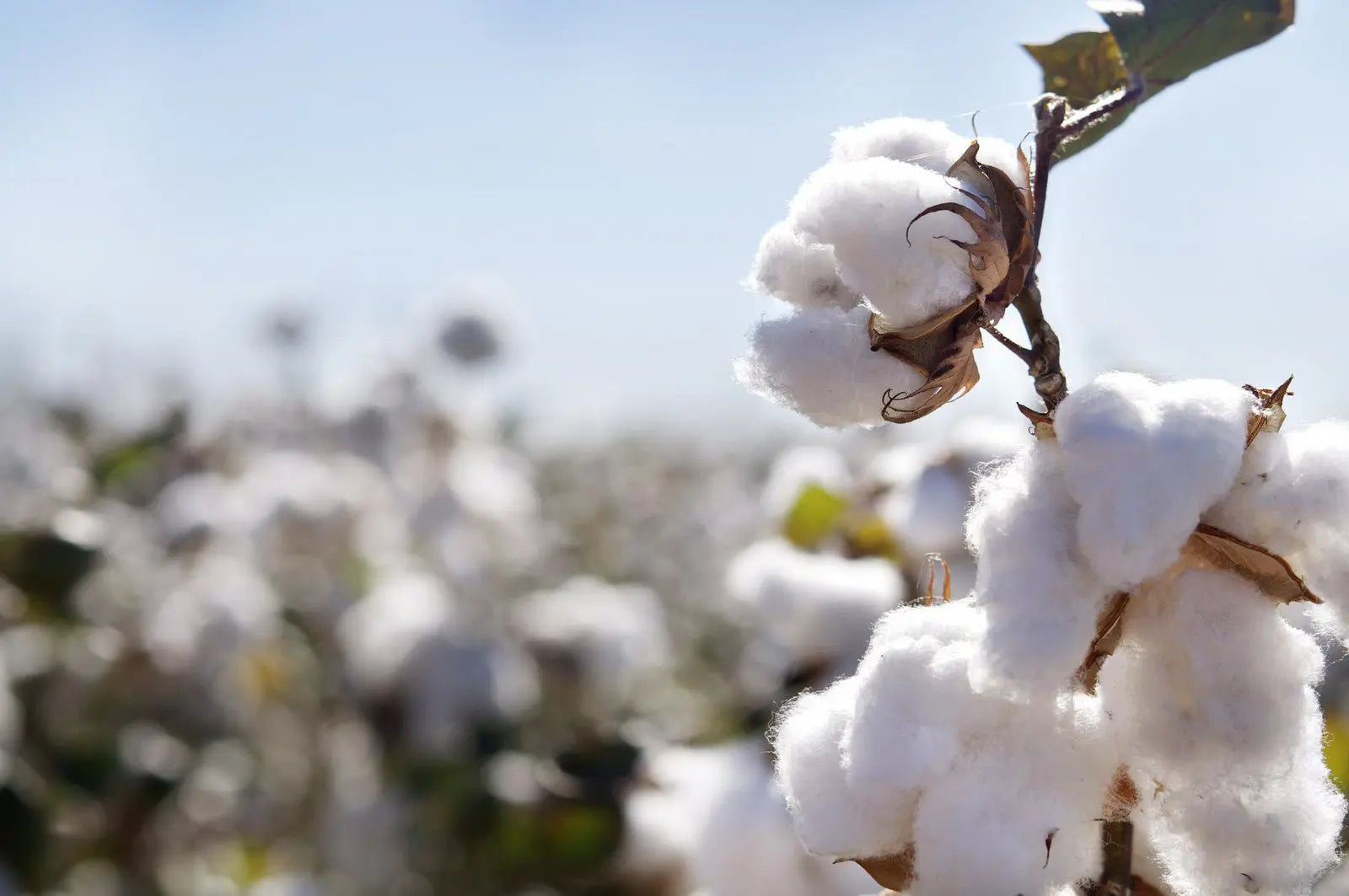Cotton is one of the most beloved and widely used fabrics in the world. From the clothes we wear to the towels we use daily, cotton is an essential part of our lives. With so many different types of cotton available, it can get a bit confusing to understand what makes each type unique. Have you ever wondered about the differences between Supima, Pima, 100 percent cotton, and Turkish cotton? If so, you’re in the right place! In this article, we’ll break down the characteristics of these popular cotton types and help you make an informed choice for your next cotton purchase, especially if you're in the market for luxurious Turkish cotton towels.
What is Cotton?
Cotton is a natural fiber harvested from the seeds of the cotton plant. It has been used for thousands of years to make fabrics, thanks to its softness, breathability, and versatility. Cotton fibers are spun into yarns that are then woven or knitted to create a wide range of textiles. The history of cotton dates back to ancient civilizations in Egypt, India, and the Americas, where it was valued for its comfort and durability. Today, cotton remains a staple in the textile industry, with major producers including the United States, China, and India.
What is Cotton Made Of?
Cotton is composed of cellulose, a natural polymer that gives the fibers their strength and absorbency. The process begins with the cultivation of cotton plants, which produce fluffy white bolls. These bolls are harvested, and the fibers are separated from the seeds through a process called ginning. The raw cotton fibers are then cleaned, carded, and spun into yarn. This yarn can be woven or knitted into fabric, which is then used to make everything from clothing to household textiles. The natural composition of cotton makes it highly breathable, moisture-wicking, and comfortable against the skin, which is why it’s such a popular choice for everyday wear.
What is 100 Percent Cotton?
When you see a label that says "100 percent cotton," it means that the fabric is made entirely from cotton fibers without any blends or synthetic additives. This pure cotton fabric is prized for its softness, breathability, and comfort. It’s an excellent choice for those with sensitive skin or allergies since it’s a natural material that’s less likely to cause irritation. One of the best things about 100 percent cotton is its versatility; you’ll find it in everything from T-shirts and jeans to bed linens and, of course, towels. At The Loomia, most of our products are made from 100% cotton, ensuring that you experience the highest quality and comfort.
What is Supima Cotton?
Supima cotton is a premium variety of cotton grown mostly in the United States. The name "Supima" is derived from "superior" and "Pima," reflecting its high quality. Supima cotton is known for its extra-long staple fibers, which are about 35% longer than regular cotton fibers. This results in a stronger, softer, and more durable fabric that retains its color and resists pilling. Supima cotton is often used in luxury bedding, high-end clothing, and plush towels.
What is Organic Cotton?
Organic cotton is grown using methods and materials that have a low impact on the environment. This means that the cotton is grown without the use of synthetic pesticides, fertilizers, or genetically modified organisms (GMOs). Organic farming practices help maintain soil fertility and reduce pollution, making organic cotton a more sustainable choice. The benefits of organic cotton extend beyond environmental impact; it is also gentler on the skin since it is free from harsh chemicals. Although it can be more expensive due to the stringent farming practices and lower yields, many people consider organic cotton worth the investment for its environmental and health benefits. You'll often find organic cotton in baby clothes, underwear, and products aimed at eco-conscious consumers.
What is Pima Cotton?
Pima cotton is another high-quality variety known for its long, smooth fibers. Originally grown in Peru, Pima cotton is now also cultivated in the United States and other parts of the world. These long fibers contribute to a fabric that is exceptionally soft, strong, and resistant to fraying, fading, and pilling. Pima cotton shares many of the qualities of Supima cotton, making it a luxurious choice for those who value comfort and durability. Products made from Pima cotton include premium bed linens, upscale clothing, and towels that remain soft and vibrant wash after wash.
What is Slub Cotton?
Slub cotton is a type of cotton fabric characterized by its unique texture. Unlike traditional cotton fabrics that have a smooth and even appearance, slub cotton has slight lumps and imperfections, giving it a more natural, rustic look. These irregularities are intentionally created by twisting the cotton fibers before weaving them into fabric. The result is a lightweight, breathable material that often features a casual, relaxed aesthetic. Slub cotton is popular in casual wear, like T-shirts and summer dresses, because of its airy feel and distinctive texture.
What is Turkish Cotton?
Turkish cotton is renowned for its long fibers, which contribute to the fabric’s exceptional softness, absorbency, and durability. This type of cotton produces fibers that are longer and stronger than those of standard cotton. Turkish cotton towels are highly sought after for their luxurious feel and superior performance. They become softer and more absorbent with each wash, making them an ideal choice for anyone looking to add a touch of luxury to their daily routine. Turkish cotton is perfect for towels, bathrobes, and other high-end textile products.
Understanding the differences between Supima, Pima, 100 percent cotton, organic cotton, and slub cotton can help you make informed choices when selecting fabrics for your needs. Each type offers its own set of advantages, catering to different preferences. At The Loomia, we pride ourselves on offering high-quality products made from 100 percent cotton, including our luxurious Turkish cotton towels that ensure comfort, durability, and style. Don’t forget to check out our Turkish Towels for the ultimate cotton experience.


Share:
The Best 10 Turkish Towels for 2024
What is Turkish Cotton? What is the Difference Between Turkish Cotton and Other Cottons?